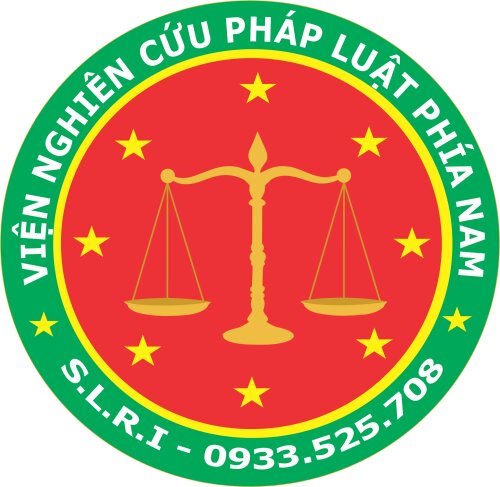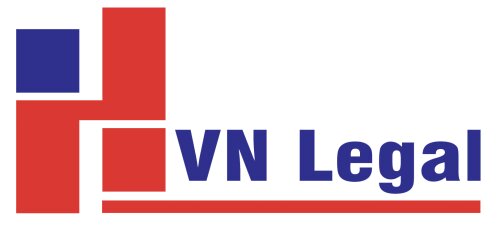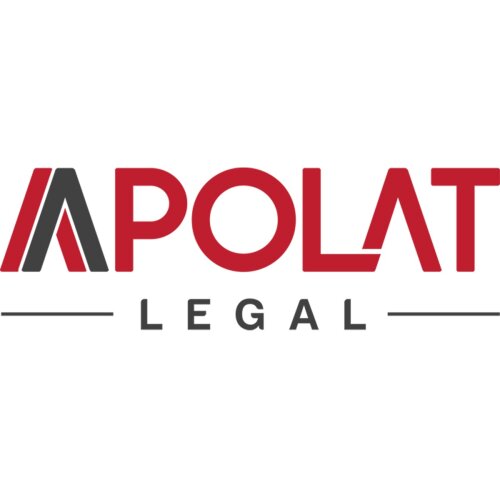Best Restructuring & Insolvency Lawyers in Ho Chi Minh City
Share your needs with us, get contacted by law firms.
Free. Takes 2 min.
List of the best lawyers in Ho Chi Minh City, Vietnam
About Restructuring & Insolvency Law in Ho Chi Minh City, Vietnam
Restructuring and insolvency law governs the processes and rules for businesses or individuals in financial distress within Ho Chi Minh City and more broadly, Vietnam. This legal field includes provisions for company restructuring, management of debt repayment, liquidation of assets, and protection of creditor and debtor rights. It is designed to provide fair and orderly solutions to insolvency, minimize losses for stakeholders, and, when possible, preserve business operations. Ho Chi Minh City, as a dynamic economic hub, frequently encounters business restructuring and insolvency matters due to its vibrant commercial activity.
Why You May Need a Lawyer
The complexities of restructuring and insolvency cases make legal guidance crucial. You may need a lawyer if you are:
- A business owner facing financial challenges and seeking guidance on restructuring or bankruptcy options.
- A creditor whose debtor is experiencing insolvency or attempting to restructure debts.
- An investor, shareholder, or employee concerned about the implications of bankruptcy or restructuring on your interests.
- An individual navigating personal bankruptcy or debt restructuring.
- Involved in negotiations with creditors, debtors, or other stakeholders.
- Uncertain about your rights or obligations under Vietnamese insolvency laws.
- Seeking to maximize asset recoveries or minimize losses during liquidation.
Legal assistance ensures you achieve the most favorable result while complying with all legal requirements.
Local Laws Overview
Vietnam's legal framework for restructuring and insolvency is primarily set out in the Law on Bankruptcy (2014), supported by related regulations and guidelines. Some key aspects include:
- Definition of Insolvency: A business or individual is considered insolvent when unable to pay due debts for 3 months or more.
- Bankruptcy Proceedings: The process typically begins with a petition filed by the debtor, creditor, or relevant party at the People’s Court.
- Restructuring Options: Debtors may propose a rescue or recovery plan to reorganize debts and business operations, subject to creditor approval.
- Role of the Court: Courts oversee and approve all major decisions, including appointment of asset managers, liquidators, and approval of restructuring plans.
- Protection of Creditors’ Interests: Laws define the order of repayment and prioritize secured over unsecured claims.
- Asset Liquidation: If restructuring fails, the debtor’s assets are sold and proceeds distributed according to legal hierarchy.
- Criminal Liability: Acts of fraud or asset concealment during insolvency can result in criminal charges for responsible parties.
Regulations in Ho Chi Minh City align with national laws but local court procedures and business customs may offer unique challenges and opportunities.
Frequently Asked Questions
What is the difference between restructuring and bankruptcy in Vietnam?
Restructuring involves reorganizing a debtor's debts and business to avoid bankruptcy and continue operations, while bankruptcy is a legal process to liquidate assets and dissolve an insolvent entity. Not all bankruptcy filings result in liquidation; some may result in approved restructuring plans.
Who can file for bankruptcy in Ho Chi Minh City?
Legal entities, individual businesses, and creditors with a legitimate claim can file a bankruptcy petition at the People’s Court with jurisdiction over the debtor.
What happens to employees when a company goes bankrupt?
Employee entitlements, including unpaid wages and severance, are prioritized in the order of debt repayments following liquidation of the company’s assets.
How long does the bankruptcy process take in Vietnam?
Timeframes vary depending on case complexity, but bankruptcy proceedings typically take several months to over a year, especially if disputes or appeals arise.
Can a restructuring plan stop the bankruptcy process?
Yes, if a restructuring or debt recovery plan is approved by a majority of creditors and the court, the bankruptcy process can be suspended while the plan is implemented.
Are there alternatives to bankruptcy for distressed businesses?
Yes, alternatives include negotiating with creditors for debt restructuring, seeking private investment, or selling non-core assets before formal bankruptcy proceedings begin.
Is personal bankruptcy allowed in Vietnam?
Yes, individuals such as sole proprietors can file for bankruptcy under the Law on Bankruptcy if they meet the insolvency criteria.
What are the consequences of bankruptcy for company directors or owners?
Directors or owners may face restrictions on holding similar positions in other companies for a period, and may be liable for wrongdoing like asset concealment or fraudulent transfers.
How are overseas creditors treated in Vietnamese insolvency proceedings?
Overseas creditors have the right to participate and claim in bankruptcy proceedings, but claims are subject to Vietnamese law and approval by the court.
Do all creditors have equal rights in bankruptcy?
No, Vietnamese law sets out a hierarchy of creditors, prioritizing secured creditors, followed by employees, tax authorities, unsecured creditors, and finally, shareholders.
Additional Resources
If you require further assistance or information, the following resources can be helpful:
- People’s Court of Ho Chi Minh City - Handles bankruptcy and restructuring cases.
- The Ministry of Justice - Provides guidance and information on laws and regulations.
- Vietnam Chamber of Commerce and Industry (VCCI) - Offers business support and legal resources.
- Vietnam Association for Financial Investors - Can give insight and support for insolvent businesses.
- Local law firms specializing in restructuring and insolvency.
- Licensed insolvency practitioners and professional asset managers.
Next Steps
If you believe you may need legal assistance with restructuring or insolvency in Ho Chi Minh City:
- Gather all relevant financial and legal documents related to your business or personal situation.
- Schedule a consultation with a qualified local lawyer or insolvency specialist familiar with Vietnamese law and court procedures.
- Prepare a list of your questions and concerns regarding your circumstances.
- Discuss your legal options, including restructuring, negotiations, or bankruptcy proceedings.
- If pursued, work with your lawyer to develop a strategy and comply with legal requirements for filing, negotiations, and court actions.
- Keep communication open with all stakeholders during the process.
Legal guidance is essential to protecting your rights and achieving the best possible outcome during restructuring or insolvency in Ho Chi Minh City, Vietnam.
Lawzana helps you find the best lawyers and law firms in Ho Chi Minh City through a curated and pre-screened list of qualified legal professionals. Our platform offers rankings and detailed profiles of attorneys and law firms, allowing you to compare based on practice areas, including Restructuring & Insolvency, experience, and client feedback.
Each profile includes a description of the firm's areas of practice, client reviews, team members and partners, year of establishment, spoken languages, office locations, contact information, social media presence, and any published articles or resources. Most firms on our platform speak English and are experienced in both local and international legal matters.
Get a quote from top-rated law firms in Ho Chi Minh City, Vietnam — quickly, securely, and without unnecessary hassle.
Disclaimer:
The information provided on this page is for general informational purposes only and does not constitute legal advice. While we strive to ensure the accuracy and relevance of the content, legal information may change over time, and interpretations of the law can vary. You should always consult with a qualified legal professional for advice specific to your situation.
We disclaim all liability for actions taken or not taken based on the content of this page. If you believe any information is incorrect or outdated, please contact us, and we will review and update it where appropriate.
















